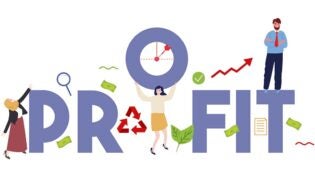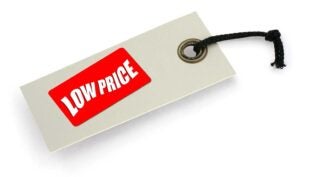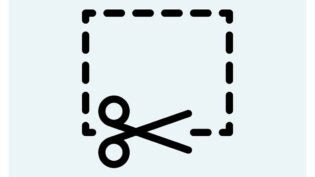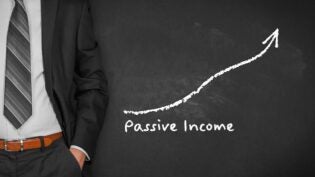
While you don’t want to go reducing prices at random, every now and then the payoff can be huge.
Each customer has a set price they are willing to pay for your product. Unfortunately, it’s rarely the same as the one advertised on your site.
That’s because there are three main types of customers:
- Price-sensitive: customers eager for the lowest-cost option.
- Value-seeking: customers excited to acquire the perfect item at just the right price.
- I.P. shoppers: customers willing to pay top dollar to get the best product and service available.
Though every business wishes all of its customers were willing to pay premium prices, the reality is that scale often comes from catering to the value-seeking and more price-sensitive clients. Effectively pricing your product is difficult, but that’s where smart discounting comes into play. So before you start slashing prices, here are three myths debunked and tips for effectively managing markdowns.
“It Cheapens Your Product”
The Pradas and Louis Vuittons of the world are overly protective of their public image and make it a point to never, ever discount their products for fear of diluting brand equity. It’s a strategy that has worked for decades and, arguably, will keep these brands profitable for many more years to come.
Related Article: If the Customer Doesn’t Want to Buy, Discounts Won’t Help
But for small businesses operating outside the realm of high luxury, sales promotions actually power growth and add strength to their product. It’s counterintuitive to believe that a lower price will lead to better perceptions about your product. That’s because for some customers, naturally, discounting can be seen as a sign of weakness. On the other hand, other customers view it as an opportunity to get extra value from an already incredible product.
To avoid ruining your brand’s image, do not make a habit of discounting regularly or heavily. That way, you’ll condition customers to never expect a sale. They’ll happily return and pay full price, and they won’t refrain from submitting their next order until a new coupon surfaces.
“You Only Get Fleeting Bargain Hunters”
While it’s true that you will inevitably source low-quality customers bent on squeezing every penny out of the transaction, a surprising number will stick around for more.
When you rope new customers from a sales promotion into a fully integrated marketing campaign—which includes social media engagement, retargeting and email marketing—you’ll be the one gaining more value from your customers as you slowly increase their average lifetime value (LTV).
With short-term discounts, you can capture new customers who wouldn’t have otherwise given your product a test run. Even better, many of those retained customers will happily pay full price on future purchases, as long as you’ve delivered on your promise of a quality product or service.
“Discounts Are for Holidays”
Christmas, Thanksgiving and Valentine’s Day are not the only times to slash prices. In fact, the holiday season is one of the absolute worst times to offer discounts because you are forced to compete with all the other businesses trying desperately to offload large quantities of inventory.
Often, you may find that the more spontaneous and time-sensitive discounts lead to better sales. Simply put, the best promotions are not always done during regular shopping periods. For customers, the greatest amount of happiness comes from those unexpected, yet welcome, opportunities to fall in love with your product over and over again. For many brands, strategic off-peak discounting can spread your word-of-mouth marketing and allow you to avoid both cutthroat and noisy competition during hectic holiday seasons.
Take some time to consider all of this advice. When you’re ready, prepare to drop your prices but watch your revenue, and bottom line, grow.
Author: Firas Kittaneh is the CEO and co-founder of One Mall Group, a group of specialty e-commerce brands including Amerisleep, an eco-friendly luxury mattress company. His award-winning team is focused on bringing housewares online to a larger consumer base using cutting-edge technology. Learn more about his passion for entrepreneurship and fitness by following him on Twitter (@firaskittaneh).












